A soul in an unending slumber, tapped with a gentle ray of the rising Sun and filling the eyes of the soul with all its warmth and beauty. Uma Maheswara Ugra Roopaysa has all the warmth of a Rising Sun and the Moving Melancholy of the Sun that sets itself in the magic of nature, leaving behind a canvas of painting on the Sky. Venkatesh Maha’s mellifluous filmmaking is a cinematic parallel to the sound of music. You submit yourself to the melody and come out of it all the more richer, with a soul embellished with several human emotions that you have been oblivious to. Maha has chosen to remake the Malayalam classic ‘ Maheshinte Pratikaaram ‘ as his second film. Before delving into his second masterful film, his choice of story speaks volumes about the man he is and the filmmaker he aspires to be. There is a profound sensibility he is bringing into the world of Telugu cinema with his choice of stories, that registers him as a visionary storyteller.

Uma Maheswara is a good-natured, timid pushover who gets excited by finding a Guava in the lake he is bathing and promptly apologizes for a minor road mishap, even if the other party is at fault. Maha proved his knack for casting with his masterpiece C/O Kancharapaalem and he does it yet again, he chooses Satyadev for the role of Uma and allows him to bare his personality in front of the camera and then just be. Uma reflects his amiable self on the society he lives in. He is naive enough to believe that he could resolve a brawl that he sees in the middle of the street. It is this amiable intrusion that causes him to discover the ‘ Ugra Roopam ‘ beneath his soft demeanor, as he is beaten and humiliated by a goon. What follows this crucial screenplay point is a story of creative epiphany and the budding of love and Revenge is put on the back burner until the final moments. It is this inbetween exploration of self, where the heart of the film lies and Maha revels in painting new colours of love yet again, like he did in his previous film.
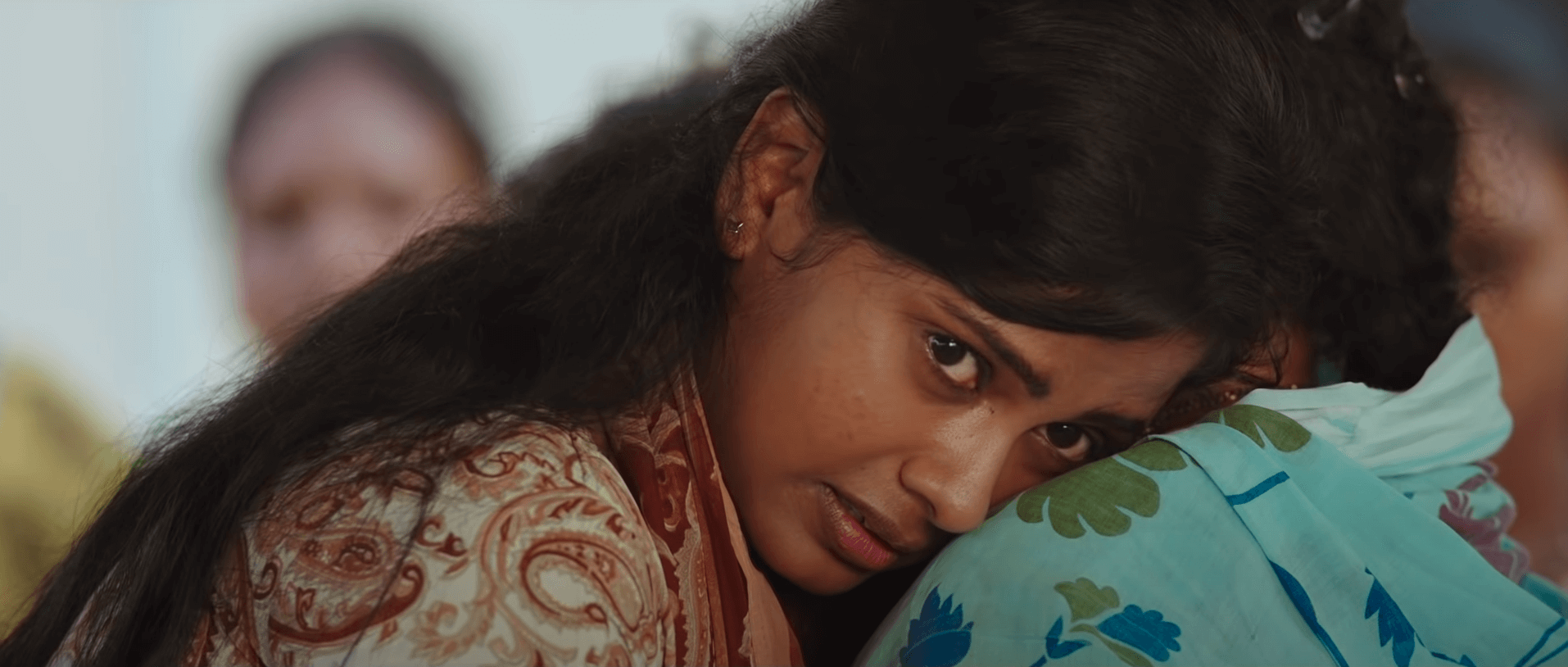
Maha discovers new colours of Love and paints a picture that is splashed with a melodic mixture of Art and Love. In this track he explores the mutual magic of Love and Art. The epiphany of understanding the meaning of true Art and the finding of Love happen with a beautiful simultaneous musical quality like two notes of music alligned in perfect harmony. This man possesses the guts and glory to change the innate sensibility of Telugu cinema and allow it to flourish by delving in the matters of the heart and not the minds of capital investors.
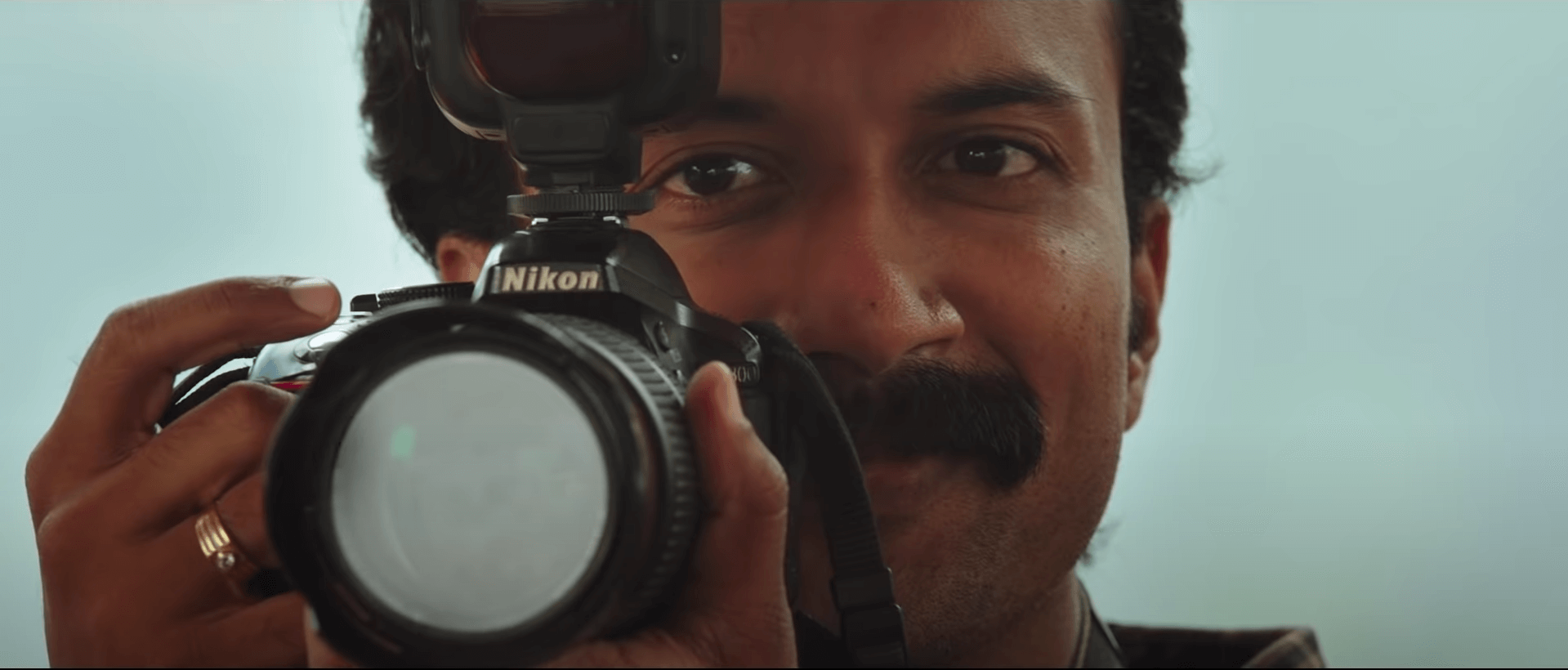
Uma Maheswara Ugra Roopasya could be the dawn of an Auteur’s birth in Indian cinema. Themes explored in this film are similar to that of C/O Kancharapaalem. The graceful nonchalance with which he handles the dual religion of Uma is a testament to the filmmaker’s profound social sensitivity. C/O Kancharapaalem was about an entire village, unwittingly shaping a man into what he eventually becomes. Maha finds his cinematic voice in set-ups that thrive on community survival. Both his films are about a single individual coming of age, as an entire community/Village contributes in his growth. Uma Maheswara Ugra Roopasya also has the same theme at its heart. Maha does this by employing his excellent ensemble cast as living breathing characters who have been a part of our protagonist’s life and this depth is conveyed to us with bare minimum exposition.Yet again, Maha includes an ensemble cast that is essential in creating the world of the film. Maha taps into the actors’ most humane sensibilities to extract moving performances that magically make you unaware of a screen. The performance by Satyadev shall go down as one of the best in Telugu cinema. His new found ability to convey the pangs of sorrow with a mere handshake, sweeps you off your feet. When a film is as enchanting as Maha’s cinema, one does not mind the minor meanderings. There are storylines or characters in the film that are left untied and do no essential contribute towards the furthering of the screenplay but when everything you are watching is so enchanting, who would care about the narrative relevance.
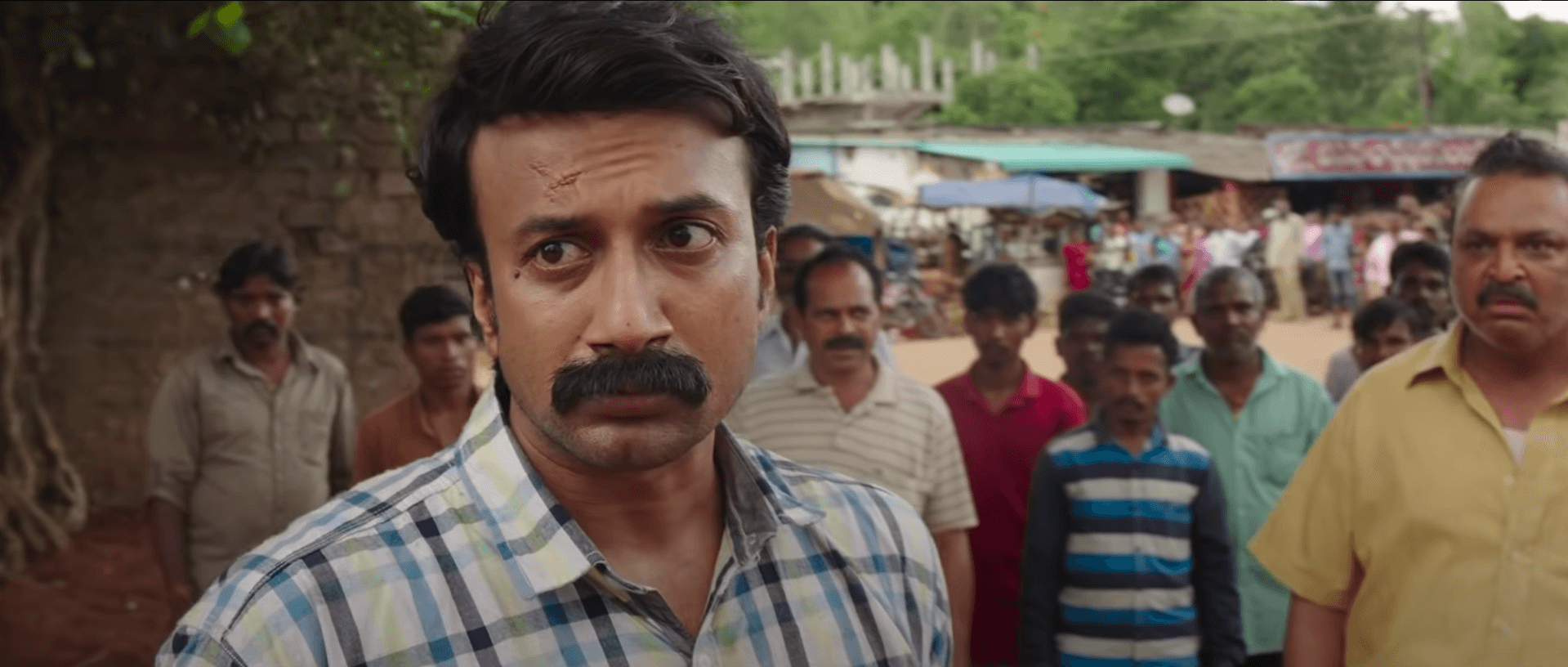
It would take a special kind of talent to outdo a performance like Satyadev’s but it does happen, a newcomer Roopa as Jyothi leaves you stunned with her arresting screen presence. In a sequence where she leads a flashmob, dancing to the super hit songs of yesteryear, you know A Star is Born. She is truly magical. For a first time actor to know how to smile to convey which emotion is unreal. She uses her smile to convey myriad of emotions, with ease.
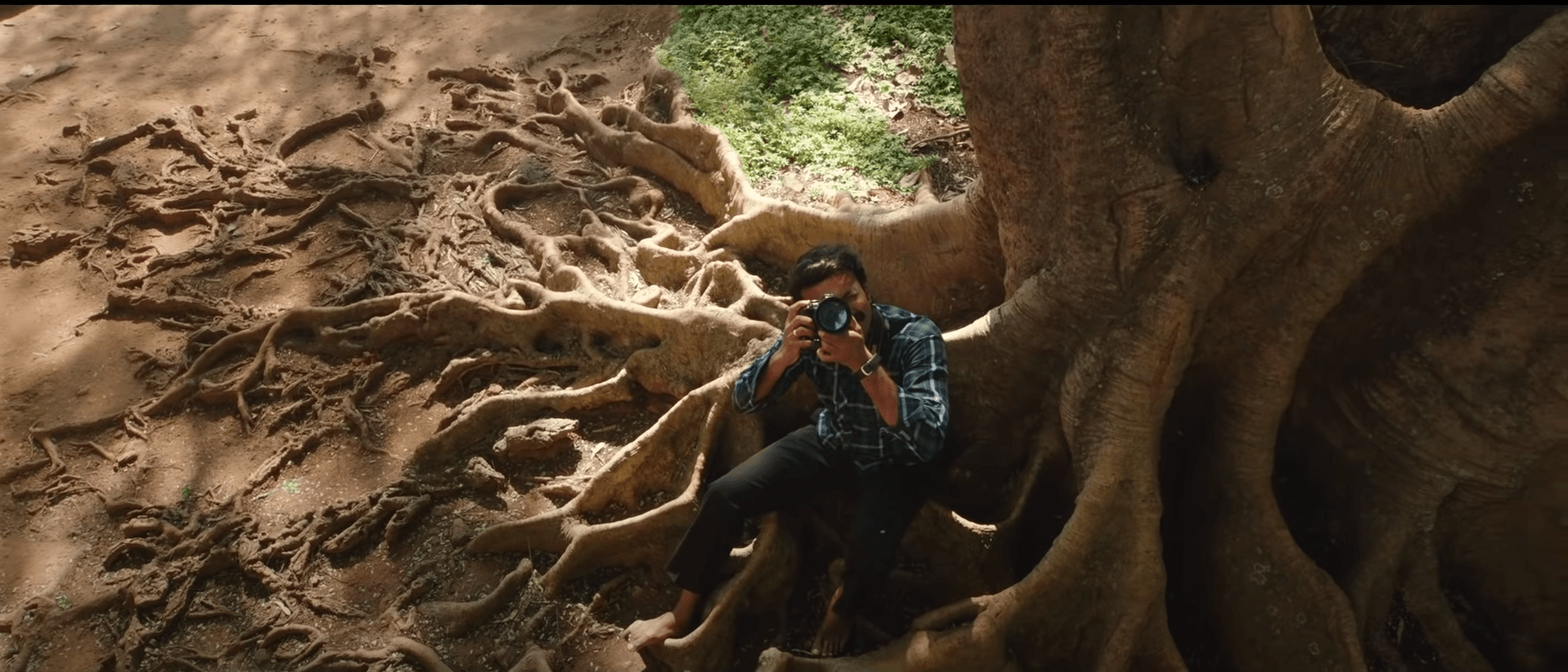
Maha is a master of Minimalism. He possesses the quality that conjures up an engulfing surrealism from tiny moments of genuiness. The music is an artistic extention of the film’s brilliance. His cinema is creation at its best. Maha, who introduced a staggering narrative shift in Telugu cinema with C/O, introduces a genre that’s seldom explored in Telugu cinema, Dark Comedy. Especially the first half of the film is filled with moments of inspired comedic writing. Romance that plays out at a funeral is a refreshing shift in the kind of comedy Telugu cinema is comfortable with. What would be, generically, termed as a Feel Good film is transformed into a profound piece of a man’s exploration of emotions he has never felt before, Revenge and Art.


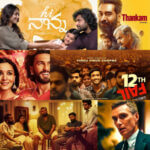





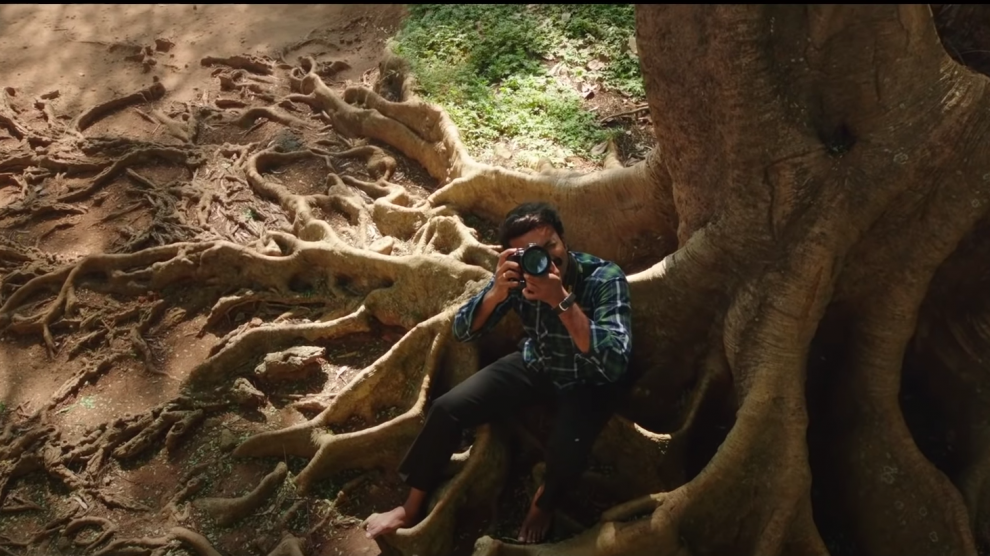






Add Comment